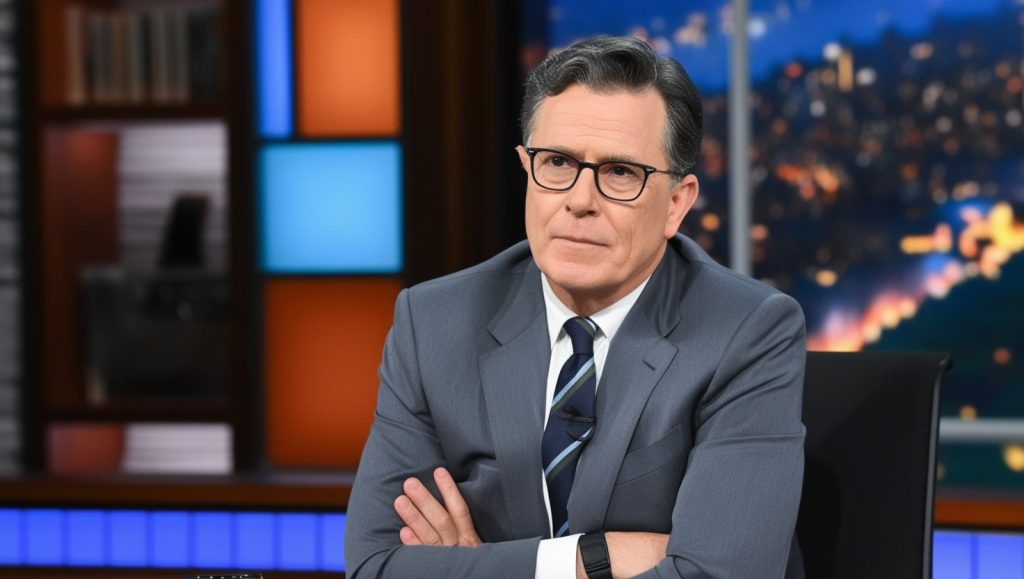CBS No Longer Deserves the Benefit of the Doubt
By David A. Graham (speculative op-ed-style essay, 300 words)
For years, CBS benefited from a reputation as a network that valued journalistic integrity, thoughtful entertainment, and a commitment to talent. But recent developments—particularly the sudden ouster of Stephen Colbert—underscore how far the network has drifted from those principles. While executives cite “financial decisions” as the reason behind Colbert’s departure, the move has triggered a wave of skepticism that CBS can no longer shrug off.
This is not an isolated incident. CBS has, over the past decade, stumbled through a series of controversies—from its sluggish reckoning with former CEO Les Moonves’ misconduct, to ongoing reports of toxic workplace culture, and now, what increasingly appears to be a calculated shift away from bold, challenging programming. Colbert, who led The Late Show to the top of the ratings with wit, intellect, and political sharpness, represented the kind of voice network television needs. To remove him now—and to do so with minimal transparency—suggests a network more concerned with quarterly margins than cultural value.
Networks evolve. Strategies change. But CBS’s pattern of opaque decision-making and declining editorial courage paints a troubling picture. The phrase “financial decision” now feels like a catch-all excuse—a shield against scrutiny. And perhaps most damaging, CBS seems to underestimate its audience’s intelligence, assuming viewers won’t question these moves.
It’s no longer enough to give CBS the benefit of the doubt. The doubt is already there—and it’s growing. If the network wants to preserve any shred of its credibility, it must stop hiding behind corporate-speak and start confronting the real questions head-on. Until then, viewers and critics alike should hold CBS accountable for what it has become: a once-respected institution now adrift in its own contradictions.






